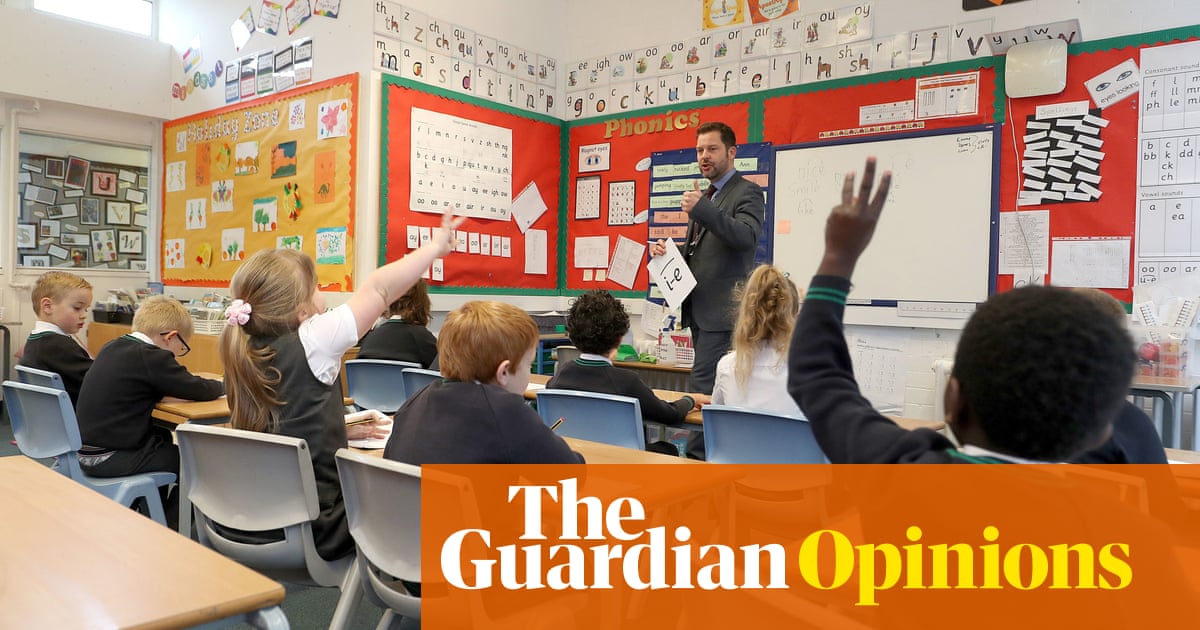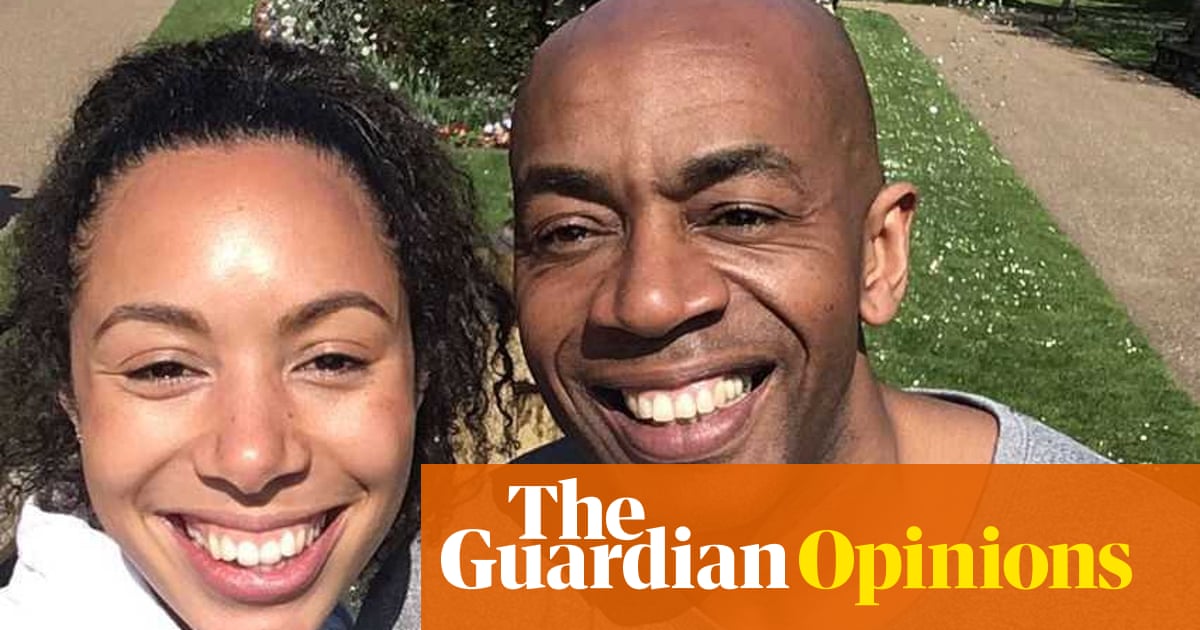
Kit Rankin just loves being around people, says his father, Ian. “He loves hugs and if you go near him you’re getting a hug whether you want it or not.
“He’s better known around the streets of Edinburgh than I am,” adds the crime novelist with a wry laugh. “People stop me and say ‘Oh, you’re Kit’s dad’, because when he’s taken out to do the shopping everybody notices him because he’s blond and he’s laughing.”
But the 26-year-old, who has Angelman syndrome and lives in a care facility close to the family home, also requires 24/7 support. As his father says: “Kit can’t dress or feed himself, he can’t sign or speak, he uses a wheelchair, so he is very dependent on other people, but other people seem to be great with him.”
This week, Rankin has spoken of his deepening frustration at the “woeful” lack of information on the Covid vaccine rollout for people with learning disabilities, after revealing his son is still awaiting his jab. He raised concerns that this cohort has been “forgotten” by politicians and the media, just as broadcaster Jo Whiley described the “nightmare” of being offered the vaccine before her sister, who has a learning disability and diabetes. Frances Whiley has since been admitted to hospital with coronavirus.
“Some charities have been talking about this for a while and trying to get their voices heard,” Rankin says, “but sometimes it needs someone with a public voice to come forward and then people take notice.”
“I don’t blame the general public for not realising this is going on. When they hear on the media that care homes have been vaccinated they go ‘oh good, the vulnerable are no longer vulnerable’. And those of us with young adults with special needs and disabilities are going ‘it just isn’t like that’. It does seem an anomaly that where Kit lives was classified as a care home when it came to lockdown procedures but wasn’t when it came to vaccinations.”
The risk of death from coronavirus for those with a medically diagnosed learning disability is 3.7 times greater for both men and women than for people without. While those with a “severe or profound” learning disability are in priority group six for the vaccine, which is being targeted now, Rankin says that this anomaly reflects a broader lack of understanding about the challenges of the pandemic for people like his son.
When Kit’s care facility was first locked down last March, contact over Zoom was little use for the young man, who is also registered blind.
“Devices and screens just don’t work for a lot of people with learning disabilities and in fact it can be worse for them because they get confused, they hear your voice but they don’t see you and they think where are you, why are you not giving me a cuddle? From the families I’ve spoken to, that can be problematic.”
Although one family member was later allowed to visit Kit indoors wearing full PPE, his parents and brother preferred to visit together in the garden, or to see him through the gate. He finally got the “big hugs” he loves on Christmas Eve, when he was allowed home for one day, the first time he had left the facility for nearly a year.
Rankin is blunt about the necessary but painful trade-off between safety and contact. “If one of your family members has got severe special needs, you’ve got enough on your plate. It’s just an extra layer of hassle and bureaucracy, when you spend your life surrounded by hassle and bureaucracy.
“I appreciate it’s all for the best,” he adds, “to keep people safe who are very vulnerable and it’s done the job. Nobody in Kit’s facility has had a whiff of Covid, neither staff or clients. But it’s come at a cost. All Kit’s treatments and therapies have stopped for the past year. Apart from the little trip at Christmas to see us he’s literally not been outside the gates.”
While some of the clients at Kit’s facility have now had their first vaccine, Rankin says he still has no idea when his son will be offered one.
He is perplexed, he says, by the priority list whereby his son can expect to be vaccinated just ahead of his parents “who are physically active able-bodied 60-65-year-olds”.
“Yes the government have taken advice, but nobody got in touch with us or his carers and said tell us more about Kit’s condition. I just don’t know how they’ve gone about creating this list that decides some clinically vulnerable people are two tiers below other clinically vulnerable people.”
While Kit remains content, Rankin believes other housemates have found the pandemic much tougher, missing their weekly shopping rota, trips to the football and birthday parties. “They know the outside world is going on without them and they’re not sure why that should be, why has everything changed? Very few of them in that facility have speech, so it’s hard to get it across to them. And a lot of the routines that gave their lives shape and meaning have been taken away.”
“What the staff are doing wonderfully well is making sure they are well looked after and feel loved and have people around them; it’s just not their families.”












